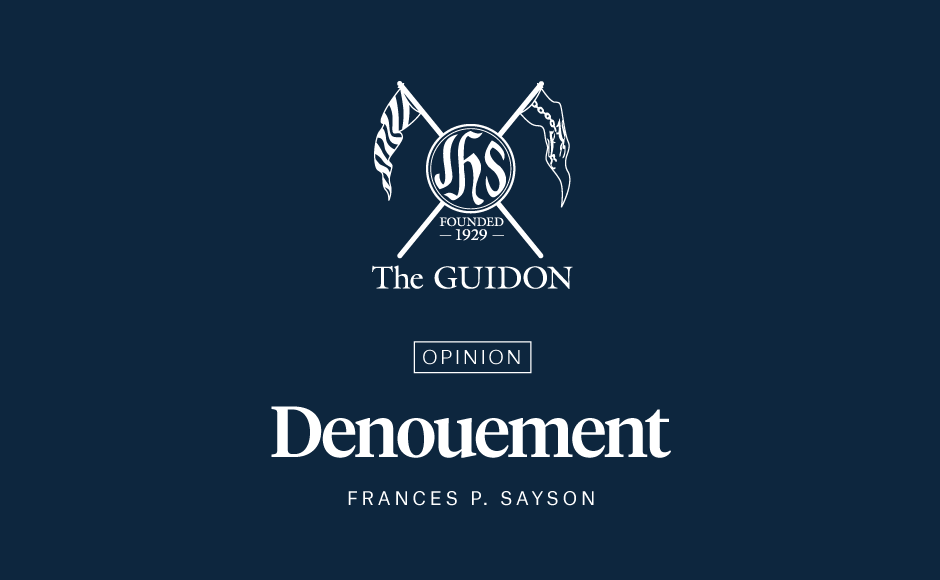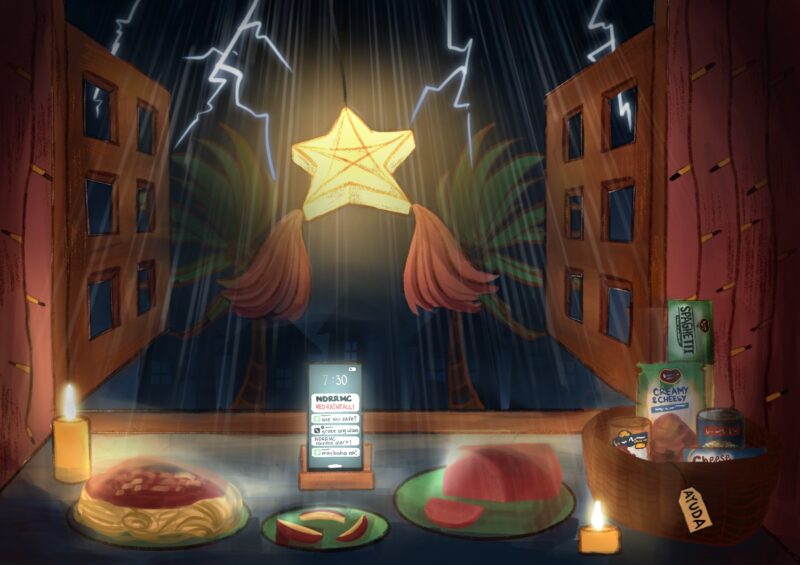“He is qualified to be buried there,” said President Rodrigo Duterte during a press conference when he approved the burial of former president Ferdinand Marcos in the Libingan ng mga Bayani. “If other Filipinos don’t want that, fine.”
As much as his words rang with his trademark petulance, there is much to fear in them.
The figure of Ferdinand Marcos is conflicted – greedy tyrant on one hand, statesman of progress on another. It is divisive, tearing the nation between his loyalists and the victims of his regime. Even thirty years since his ouster, the remnants of his regime remain powerful, painful, and sometimes puzzling. History is a tortuous terrain, after all, navigated in different ways that yield the messy patchwork of memory. Some remember the era as progressive and glamorous, others remember the fear and terror, and for unfortunate thousands, there are the memories of abuse and oppression.
But there are a number of facts that have been established, figures that are verified, and testimonies that cannot be ignored.
During the Marcos regime, there were more than 3,000 extrajudicial killings, over 35,000 torture victims, and at least 70,000 detentions, according to historian Alfred McCoy. The media was censored heavily and democracy was at a standstill. The regime is also responsible for instilling a lasting oligarchy that would go on to wreak havoc on the economy, deprive millions through taxes and levies, and gift a select few with untold, almost indeterminable wealth. Illegal assets worth at USD 32 billion are still unrecovered and hidden wealth between USD 5 B and USD 10 B is still missing.
The list can be endless. The regime of Ferdinand Marcos, beyond the inescapable terror wrought on the lives of thousands, is responsible for lasting legacies of economic destruction and a culture of impunity.
It is inconceivable how such a man can be qualified to join the ranks of heroes who helped in shaping and defending the nation whose future his regime brought to ruin. He is not a hero, not to the thousands whose lives were scarred and trampled and certainly not to the millions whose futures are now marked by lost possibilities and the consequences of unacceptable greed.
To bury him among heroes is an affront to true heroes. To accord him the rights reserved for heroes is an insult to the thousands who were cruelly stripped of their rights to life and liberty under his rule. To let him rest with the honor of the Libingan ng mga Bayani disenfranchises the memories of those who died, ending and failing what had been their mission to bring down the dictatorship.
When President Duterte not only condones, but also supports this move, he implicitly expresses that it is acceptable to disregard the lives and memories of thousands who have not received their due justice for the sake of technicalities and political loyalty. He expresses that heroism can rest on the positions one occupied in life, not in true acts of change and sacrifice for the good of the nation.
With his position of power and undeniable popularity, the President holds an alarming influence in altering perspectives, thus laying the groundwork for more forgetting, more disenfranchising, while delaying and diminishing the possibility of justice and forgiveness.
And that is far from “fine.”







